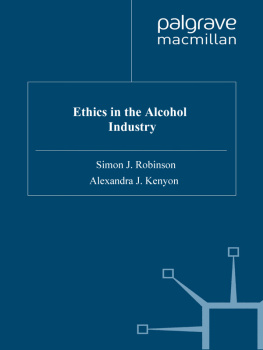Alcohol and Humans

Great Clarendon Street, Oxford, OX2 6DP,
United Kingdom
Oxford University Press is a department of the University of Oxford.
It furthers the Universitys objective of excellence in research, scholarship, and education by publishing worldwide. Oxford is a registered trade mark of Oxford University Press in the UK and in certain other countries
Oxford University Press 2020
The moral rights of the authors have been asserted
First Edition published in 2020
Impression: 1
All rights reserved. No part of this publication may be reproduced, stored in a retrieval system, or transmitted, in any form or by any means, without the prior permission in writing of Oxford University Press, or as expressly permitted by law, by licence or under terms agreed with the appropriate reprographics rights organization. Enquiries concerning reproduction outside the scope of the above should be sent to the Rights Department, Oxford University Press, at the address above
You must not circulate this work in any other form and you must impose this same condition on any acquirer
Published in the United States of America by Oxford University Press
198 Madison Avenue, New York, NY 10016, United States of America
British Library Cataloguing in Publication Data
Data available
Library of Congress Control Number: 2019950132
ISBN 9780198842460
eISBN 9780192579980
Oxford University Press makes no representation, express or implied, that the drug dosages in this book are correct. Readers must therefore always check the product information and clinical procedures with the most up-to-date published product information and data sheets provided by the manufacturers and the most recent codes of conduct and safety regulations. The authors and the publishers do not accept responsibility or legal liability for any errors in the text or for the misuse or misapplication of material in this work. Except where otherwise stated, drug dosages and recommendations are for the non-pregnant adult who is not breast-feeding
Links to third party websites are provided by Oxford in good faith and for information only. Oxford disclaims any responsibility for the materials contained in any third party website referenced in this work.
Preface
This volume had its origins in a British Academy conference, which took place on 1314 September 2018 in London. The conference developed out of a realization that there was a growing number of people interested in the role that alcohol consumption has played in almost all human societies throughout time. The contributors had all individually developed interests in this topic from different disciplinary perspectives, but most had not actually met before.
We are very grateful to the British Academy for funding the conference as part of their 2018 conference series. Johanna Empson and Claire Pike, of the British Academy staff, were responsible for the administrative and organizational aspects of the conference and its day-to-day running, and we are deeply appreciative of their unstinting help. We thank Steve Livens and the British Beer and Pub Association for generously organizing a reception at the associated public debate held at the Academy on 12 September 2018.
Kim Hockings
Robin Dunbar
Contents
Robin I.M. Dunbar and Kimberley J. Hockings
Robert Dudley
Matthew Carrigan
Kimberley J. Hockings, Miho Ito, and Gen Yamakoshi
Elisa Guerra-Doce
Patrick E. McGovern
Oliver Dietrich and Laura Dietrich
Michael Dietler
Lewis Daly
Asher Y. Rosinger and Hilary J. Bethancourt
Robin I.M. Dunbar
Angela McShane
Kimberley J. Hockings and Robin I.M. Dunbar
Hilary J. Bethancourt Postdoctoral Scholar, Department of Biobehavioral Health, Pennsylvania State University, PA, USA
Matthew Carrigan Research Scientist, Biotork, Gainesville, FL, USA
Lewis Daly Teaching Fellow in Social Anthropology, Department of Anthropology, University College London, London, UK
Michael Dietler Professor, Department of Anthropology, University of Chicago, Chicago, IL, USA
Laura Dietrich Researcher, German Archaeological Institute, Berlin, Germany
Oliver Dietrich Research Assistant, German Archaeological Institute, Berlin, Germany
Robert Dudley Chair and Professor, Integrative Biology, University of California, Berkeley, CA, USA
Robin Dunbar Emeritus Professor, Department of Experimental Psychology, University of Oxford, Anna Watts Building, Radcliffe Observatory Quarter, Oxford, UK
Elisa Guerra-Doce Associate Professor, Departamento de Prehistoria, Arqueologa, Antropologa Socialy CC.TT. Historiogrficas, Universidad de Valladolid, Valladolid, Spain
Kimberley J. Hockings Lecturer, Centre for Ecology and Conservation, College of Life and Environmental Sciences, University of Exeter, Cornwall, UK
Miho Ito Graduate Student, Center for African Area Studies, Kyoto University, Kyoto, Japan
Patrick E. McGovern Scientific Director, Biomolecular Archaeology Project and Adjunct Professor, Anthropology, University of Pennsylvania Museum, Philadelphia, PA, USA
Angela McShane Head of Research Development, Wellcome Collection, London, UK
Asher Y. Rosinger Assistant Professor, Department of Anthropology and Department of Biobehavioral Health, Pennsylvania State University, PA, USA
Gen Yamakoshi Vice Director and Associate Professor, Center for African Area Studies, Kyoto University, Kyoto, Japan
Robin I.M. Dunbar and Kimberley J. Hockings
Introduction
Alcohol (or, more strictly, ethanol) has an unusually mixed reputation. Excess consumption has obvious harmful consequences, not just for our cognitive and social competences in the immediate aftermath of consumption but also for our health in the longer term. Yet, since the dawn of time, humans have persisted in its consumption, especially in social contexts. There is no human society with access to the resources to make alcohol that has not, at some time or other, manufactured and consumed it. Most people will be aware that Roman wines have been found preserved in amphorae on the seabed where they were deposited by shipwrecks 2000 years ago. Fewer, perhaps, will be aware that recent technical advances in archaeology have made it possible to identify some of the hitherto overlooked residues left in containers by alcoholic beverages brewed as long as 9000 years ago.
Of course, alcohol is only one of a wide range of natural psychotropic substances that humans have discovered and used through the ages. Cannabis has been widely used historically in many parts of Asia (). Many of these give hedonic pleasure or were used to provide medical benefits. Like alcohol, however, all have adverse health consequences if consumed to excess.
What sets alcohol apart from most of these psychotropic drugs is its use in social contexts rather than for quasi-religious experiences or for purely solitary hedonic pleasure. Alcohol has featured in almost as many different social contexts as humans can muster: religious rituals, entertaining guests, celebrations of all kinds from marriages to anniversaries, dedications (the proverbial bottle of champagne that launched most of the ships built in the shipyards of Britain), casual social events, battlefield preparations (the daily rum ration of the British Royal Navy during the nineteenth century, or the

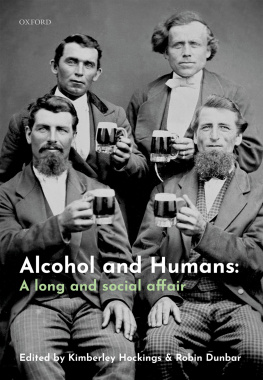

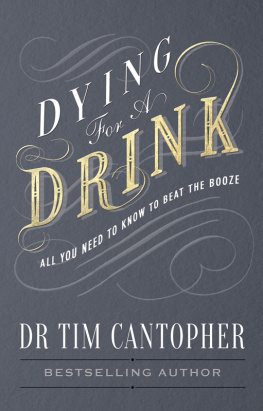
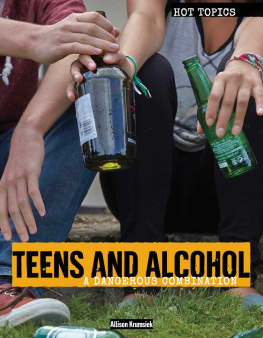
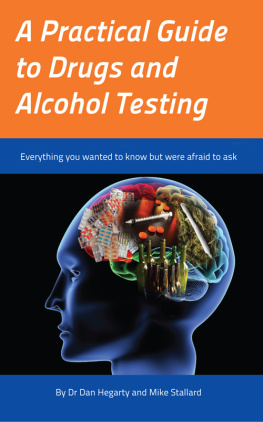
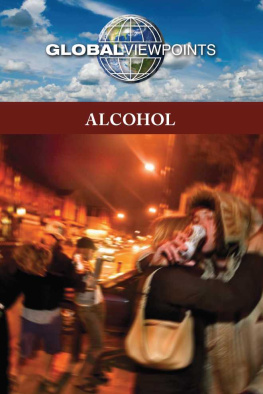

![Scott C (Christopher) Martin - The Sage Encyclopedia of Alcohol Social, Cultural, and Historical Perspectives. 1 [A - D]](/uploads/posts/book/102244/thumbs/scott-c-christopher-martin-the-sage.jpg)

